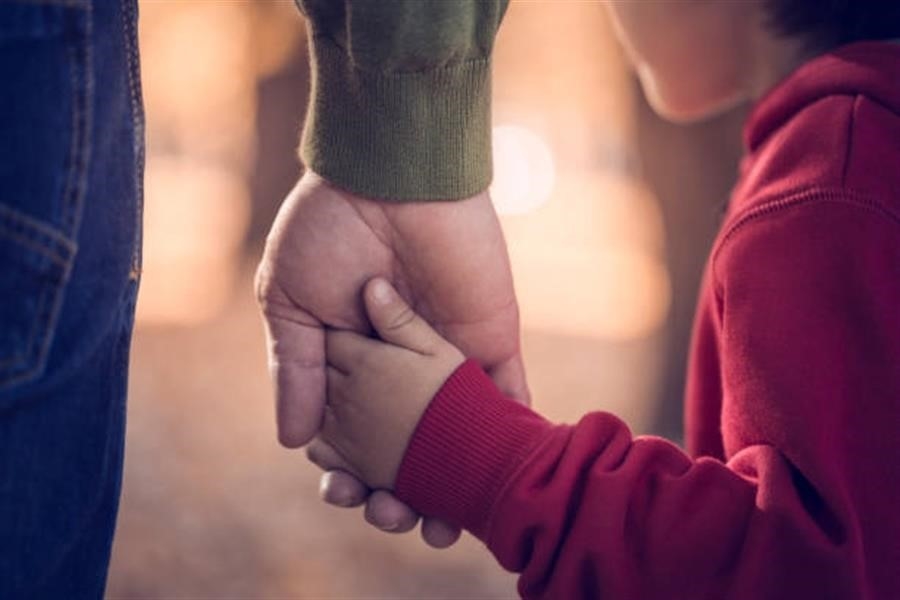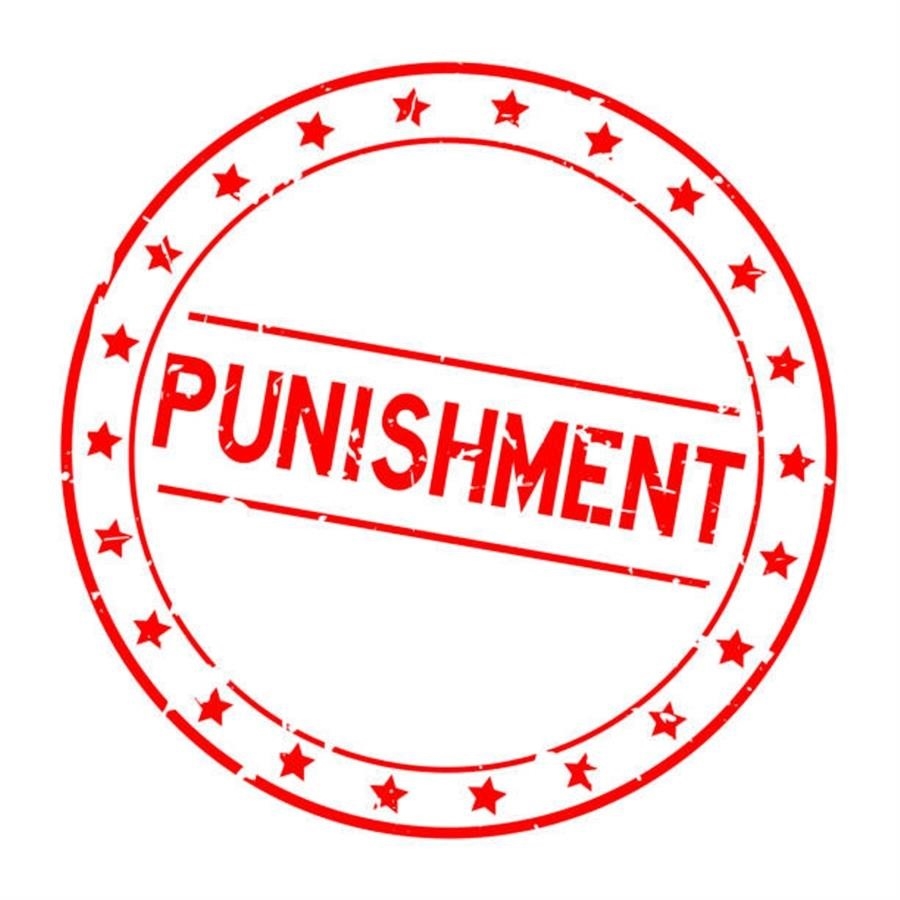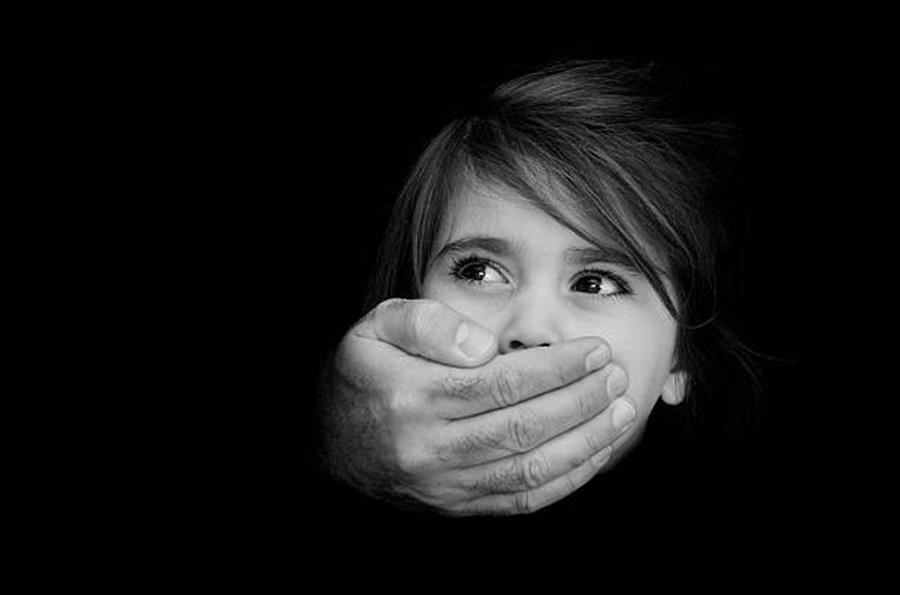Q. WHAT ARE MY RESPONSIBILITIES AS A PARENT?
A. As a parent, you should:
- not be abusive towards your child,
- not neglect your child,
- not allow others to mistreat, abuse or neglect your child
It is important to know that children who witness the abuse of their mothers are now considered to be potentially at risk of suffering harm. If the Children’s Aid Society (CAS) does not believe the mother has taken appropriate steps to make the situation safe, CAS can become involved with the family. Where the situation is extremely serious, CAS can remove the children from the mother’s care, even if she is not the abuser.
Q. WHAT IS THE CHILD AND FAMILY SERVICES ACT?
A. In Ontario, the Child and Family Services Act is the legislation that protects children from mistreatment by their parents. It does this by:
- Setting out what makes a child “in need of protection”
- Giving the Children’s Aid Society (CAS) the authority to become involved with a family where it appears the child/ren may be at risk of harm or neglect. This involvement may be with or without the parents’ cooperation
Q. WHAT IS THE CHILDREN’S AID SOCIETY?
A. This is the child protection organization given authority by the Ontario government to protect children. It’s most often called the Children’s Aid Society or CAS but sometimes called Family and Children’s Services. CAS can remove a child from her/his family under certain conditions, but often works to support and assist the family in staying together
Q. WHEN DOES THE CAS BECOME INVOLVED?
A. The CAS becomes involved when it seems likely that a child has been or is likely to be neglected or abused.
Neglect:
- A child has been harmed or is likely to be harmed physically, sexually or emotionally because a parent failed or fails to provide adequate care, supervision or protection
- A child has been abandoned – unintentionally or intentionally
- A parent fails to protect a child from abuse by someone else
- A parent is unable to parent appropriately because of alcohol abuse, mental illness or another similar kind of problem
Abuse:
A child has been harmed or is likely to be harmed physically, sexually or emotionally because of a parent’s actions
Q. WHAT WILL HAPPEN IF THE CAS THINKS MY CHILD IS NOT PROPERLY CARED FOR?
A. Upon receiving a referral/report, the CAS will investigate, assess the safety of and risks for the child/ren, and then prepare a “plan of service”. The CAS must use the “least disruptive course of action” that still ensures the safety of the child/ren. If the child/ren can remain in the home with a voluntary agreement with the parents, CAS will do this. Usually, it is only extreme cases that require the removal of the children from their parents’ custody.
Q. IF MY CHILD IS TAKEN FROM ME, WHAT ARE MY RIGHTS?
A. You have the right to participate in the process. This means that you:
- will be notified of all court proceedings
- can make your own submissions to the judge
- can have a lawyer represent you
- can get legal aid if you meet the financial criteria
Q. SHOULD I GET A LAWYER IF MY CHILD IS TAKEN FROM ME?
A. Yes, you should get a lawyer if at all possible. The consequences of a child protection investigation can be severe and significant for you and your child/ren:
- they may be taken away from you, temporarily or permanently;
- there may be a police investigation, including the laying of criminal charges; and
- there may be implications in present or future child custody and access proceedings.
Q. WHO REPORTS CHILD ABUSE OR NEGLECT?
A. Under the Child & Family Services Act, everyone has legal duty to report. Whether you are a teacher, a social worker, a neighbour or a parent of another child, if you have reasonable grounds to suspect abuse or neglect or the risk of either, you must report it to the CAS. Certain professionals can be charged with an offence and punished if they fail to report abuse or neglect.
Specific Situations …
Q: If I go to a shelter or other women’s service because my partner is abusing me, will my counsellor have to report me to the CAS?
A: If the worker has a reasonable suspicion that the child is at risk of harm because of exposure to domestic violence, she will have to report.
Q: What if I want someone else in my family instead of foster parents to care for my children for awhile?
A: The CAS encourages the placement of children with family members where appropriate. This can happen voluntarily or involuntarily on the part of the parent.
Q: If the CAS has been involved with my family in the past, and now I am trying to get custody of my children, can their father try to bring this up in court to make me look like a bad mother?
A: He can, but if you have resolved matters with the CAS in a positive way, you can ask them to document this for the court. The court will look positively at you for the steps you have taken to improve your parenting.
Q: What can I do if my former partner calls the CAS and tells them lies about me being a bad mother?
A: You can cooperate fully with their investigation so that your good parenting will be obvious.
Q: If I have custody of my children, will the CAS help me if I think my former partner is mistreating them when he has access visits?
A: Yes. If you report this abuse to the CAS, it will conduct an investigation. If your partner’s abuse is substantiated, the CAS will take steps to protect the children.
Q: My baby is in care of the CAS. Will they put her up for adoption?
A: Once children under six have been in the care of the CAS for a total of 12 months — whether all at once or cumulatively — they will be made Crown Wards and placed for adoption.
Glossary of Common CAS Terms
Voluntary Involvement: where the parent(s) consent to the involvement of the CAS.
Involuntary Involvement: where the CAS goes to court to get an order because the parents do not consent .
Supervision Order: where the child remains in the home, but the CAS is involved with the family.
Apprehension Order: where the child is taken into the custody of the CAS.
Ward/Ward of the Courts: when a child is taken into the custody of the CAS, she/he is considered a ward of CAS which now responsible for that child’s safety and care.
Temporary Wardship: (also known as “society wardship”) where the child is in the custody of the CAS, cared for by foster parents or members of the child’s extended family on a temporary basis.
Permanent Wardship: (also known as “Crown wardship”) where the child is made a permanent ward of CAS and may be adopted.
Best Interests of the Child: the test used by the court in a child protection case. It must considered:
- who can best meet the child’s physical, mental and emotional needs
- who will be aware of and sensitive to the child’s level of development, cultural background,
- religious faith (if any)
CAS will also:
- recognize the child’s family relationships
- attempt to maintain continuity of care
- consider the pros and cons of the child’s care with the parent and through adoption
- take into account the child’s own views and wishes, where it is reasonable to do so
- consider the effect on the child of delaying the case
Adapted with permission from the Ontario Women’s Justice Network.



